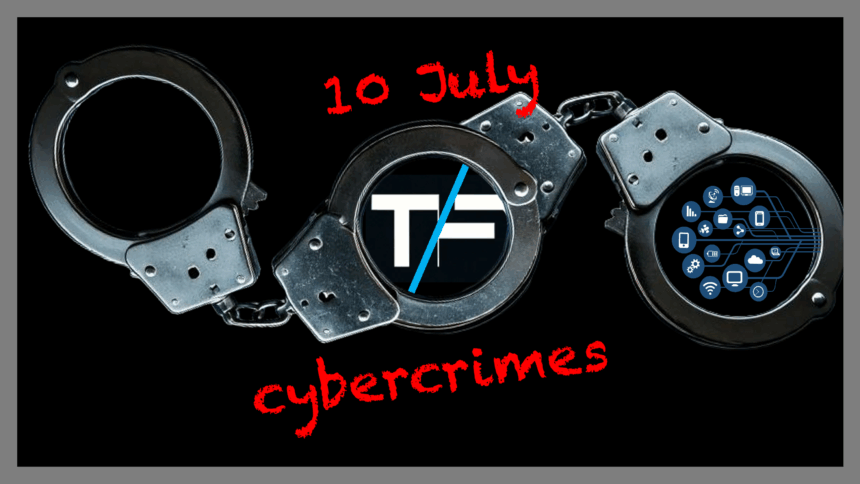Cybercrime is a continual obstacle in global security. Recent cases reveal threats in healthcare data privacy, international AI technology bans, state-sponsored hacking, and AI-powered impersonation scams. These developments are representations of threat actors adapting quickly — pushing users, companies, and governments to strengthen their knowledge, defenses, and regulations.
What’s Happening & Why This Matters
Palantir Faces NHS Data Privacy Scrutiny in the UK

The US-based data analytics company Palantir comes under fire for its £330 million contract to manage NHS patient data. Palantir’s executive Louis Mosley defends their platform, stating it enhances patient care by speeding up treatment and improving healthcare workflows. Despite these claims, the British Medical Association raises concerns over Palantir’s connections with immigration enforcement and military clients. They argue these relationships conflict with NHS values and pose privacy risks for patients.
This controversy illustrates the tension between adopting advanced technology and protecting sensitive health data. As healthcare digitizes rapidly, balancing innovation with privacy safeguards becomes more difficult. The debate also reflects wider public skepticism about commercial involvement in healthcare data management.
Czech Government Bans Chinese AI Startup DeepSeek

The Czech Republic government bans AI products from Chinese company DeepSeek in public sector projects due to cybersecurity concerns. Prime Minister Petr Fiala and national security agencies warn of the risk of unauthorized data access tied to China’s legal requirements. Similar bans recently appeared in Italy and Australia, marking a trend among Western countries wary of Chinese AI technology in sensitive environments.
These restrictions demonstrate heightened caution regarding foreign AI vendors amid geopolitical tensions. Governments seek to prevent potential data breaches or espionage tied to foreign control over critical infrastructure.
Arrest of Chinese Hacker Linked to COVID-19 Espionage

Italian authorities arrested Chinese hacker Zewei Xu in Milan, with assistance from the FBI. Xu faces charges of cyber espionage linked to the Hafnium hacking group, which stole research on COVID-19 vaccines. This arrest marks a rare public indictment of state-sponsored hackers engaged in intellectual property theft.
The case shines a light on ongoing cyber conflicts between countries. The conflicts play a vital role in international law enforcement collaboration. Medical research, including vaccinations and chemical warfare, is a critical target due to its high value and impact.
AI Deepfake Voice Scam Targets US Officials on Signal

An AI-generated deepfake voice impersonated U.S. Secretary of State Marco Rubio on the messaging app Signal, attempting to access sensitive accounts. The impersonation campaign targeted foreign ministers and U.S. officials, exploiting trust in secure communications. This attack exposes vulnerabilities in encrypted messaging platforms and the rising risks of AI-enabled identity theft.
U.S. President Donald Trump recently called for banning AI voice impersonation technologies, citing manipulation dangers. This incident further amplifies concerns about AI tools’ misuse to deceive, disrupt, and discourage political and diplomatic communications.
TF Summary: What’s Next
The cybercrime developments covered here are but a small subset of the digital threats being redefined by AI advancements and influenced by geopolitical tensions. Governments and organizations face mounting pressures: safeguarding privacy, improving cybersecurity, and enforcing regulations against emerging risks.
As AI impersonations and state-backed cyber espionage increase in sophistication and complexity, vigilance and collaboration across public and private sectors become more immediate. Strengthening defenses and increasing transparency protects digital trust worldwide.
— Text-to-Speech (TTS) provided by gspeech


